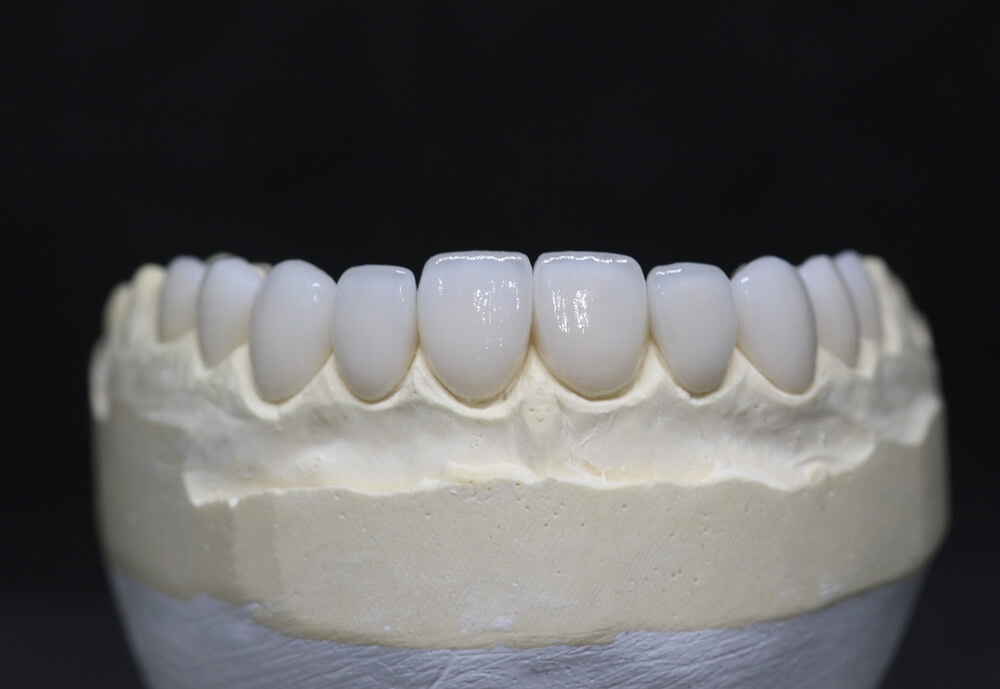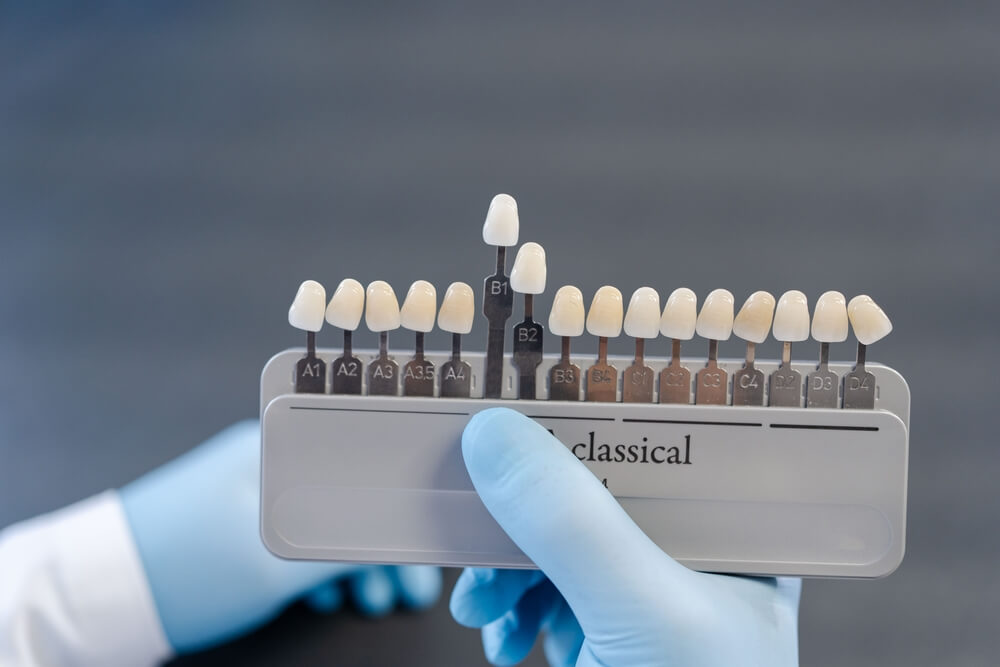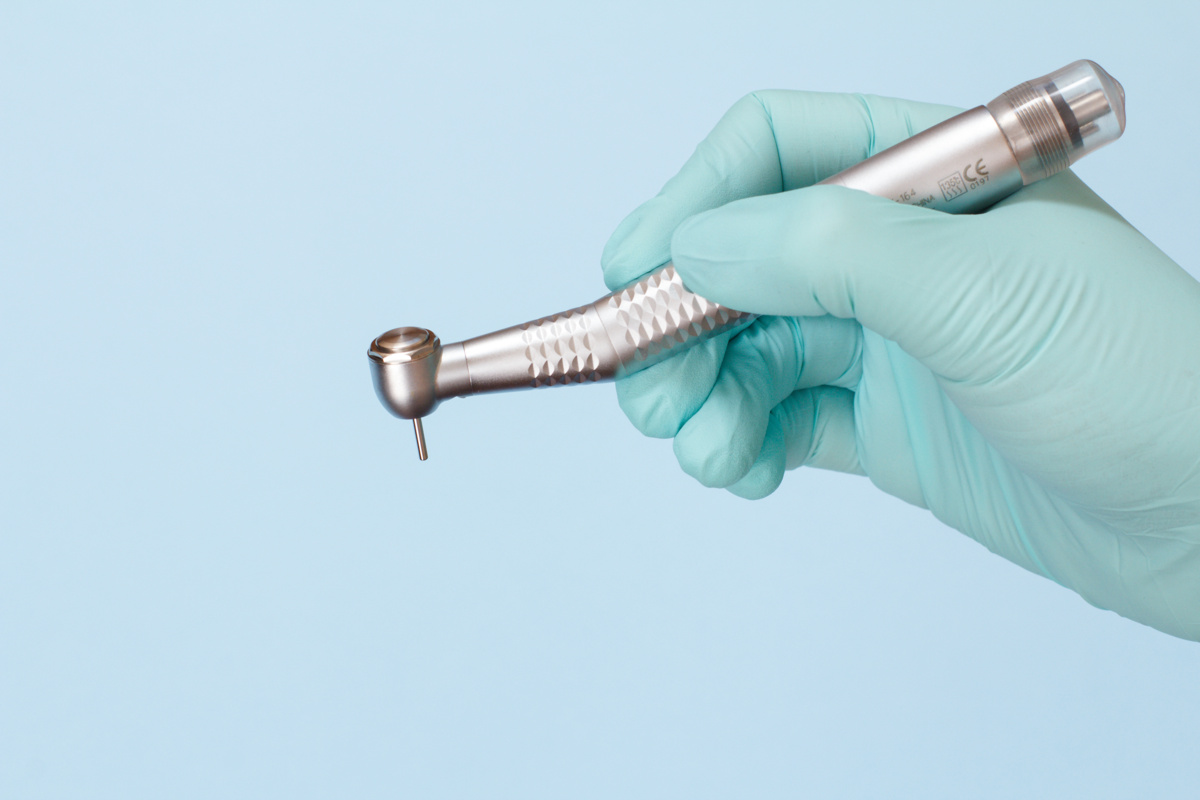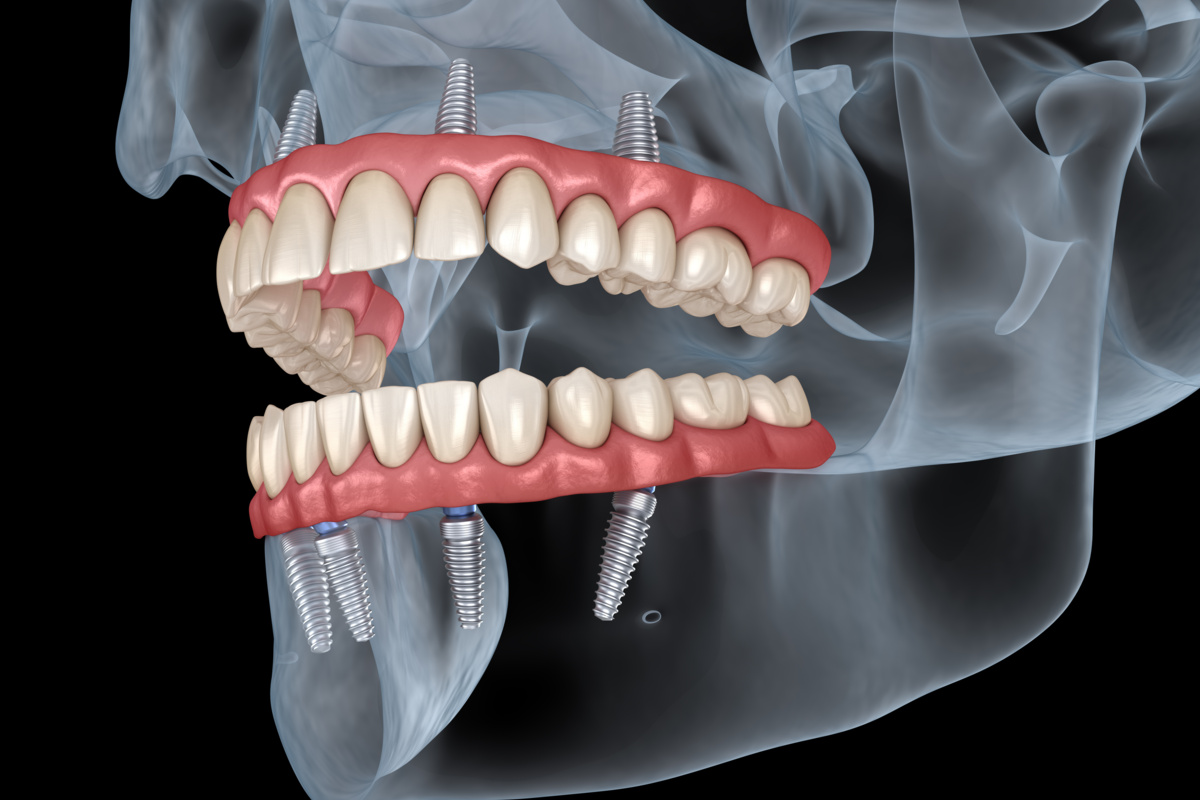Achieving the perfect smile is a desire shared by many. With advancements in cosmetic dentistry, options such as dental veneers have become increasingly popular. In this article, we will delve into the pros and cons of dental veneers, weighing the benefits of enhanced aesthetics against potential drawbacks.
Pros of Dental Veneers

Aesthetic Enhancement
Dental veneers offer a transformative solution for individuals seeking to address imperfections in their teeth. Whether it’s discoloration, minor chips, or irregularities in shape, veneers can effectively conceal these flaws, providing a natural-looking and symmetrical smile.
Targeted Correction
One of the primary advantages of dental veneers is their ability to target specific teeth in need of improvement. Whether you have a single discolored tooth or a couple of teeth with noticeable flaws, veneers can be customized to match the surrounding teeth seamlessly, achieving a harmonious overall appearance.
Durable Solution
When properly cared for, dental veneers can provide long-lasting results. Made from durable materials such as porcelain or composite resin, veneers are resistant to staining and wear, ensuring that your enhanced smile remains vibrant and intact for years to come.
Minimally Invasive Procedure
Unlike more extensive dental treatments, such as crowns or implants, the process of getting dental veneers is relatively minimally invasive. This means less discomfort and shorter recovery time for patients, making it an attractive option for those seeking immediate results with minimal disruption to their daily lives.
Cons of Dental Veneers
Prone to Damage
While dental veneers offer significant aesthetic benefits, they are not without their drawbacks. Due to their thin nature, veneers are susceptible to chipping and cracking, especially in cases of excessive force or trauma. This vulnerability can result in the need for repairs or replacements, adding to the long-term maintenance costs associated with veneers.
Risk of Dislodgement
Another potential downside of dental veneers is their tendency to come loose over time. Because they are bonded to the front surface of the teeth, factors such as decay or weakening of the underlying tooth structure can compromise the integrity of the veneers, leading to displacement or detachment. Regular dental check-ups are essential to monitor the condition of veneers and address any issues promptly.
Limited Reversibility
Unlike some other cosmetic dental procedures, such as teeth whitening, dental veneers involve permanent alterations to the natural tooth structure. While this allows for significant aesthetic improvements, it also means that the process is irreversible. Patients considering veneers should weigh the benefits against the permanence of the changes and ensure they are fully committed to the decision.
Cost Considerations
While dental veneers offer a comprehensive solution for smile enhancement, they can also be a significant financial investment. The cost of veneers varies depending on factors such as materials used, the number of teeth treated, and the expertise of the dental provider. Patients should carefully consider their budget and explore financing options before committing to veneers as a treatment option.
In Summary

Dental veneers present a compelling option for individuals looking to enhance their smiles and boost their confidence. With their ability to address a range of cosmetic concerns and deliver long-lasting results, veneers have become a popular choice in cosmetic dentistry. However, it’s essential to weigh the pros and cons carefully and consult with a qualified dental professional to determine if veneers are the right solution for your dental needs and lifestyle. If you’re considering dental veneers or would like to learn more about our services, don’t hesitate to contact Indian Trail Dental today.



